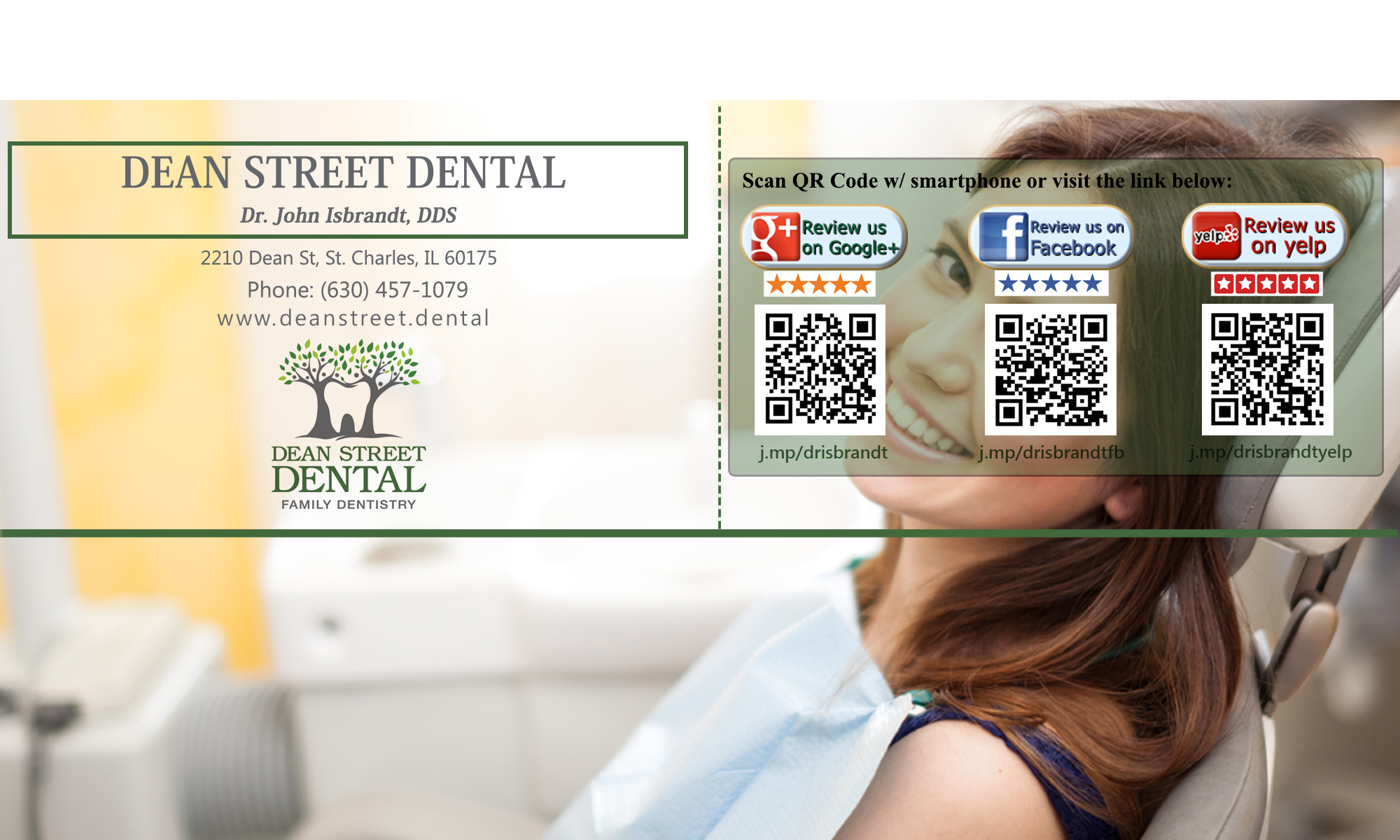Some people get a bit nervous about the idea of going to the dentist.
As a result of the major progress that has been made in diagnosis and treatment, the process gets more comfortable all the time. So you may be worrying unnecessarily.
But, if you’re in any way tense or anxious, tell your dentist and the dental staff.
They will understand and will be able to adapt the treatment to your needs.
It can also help if you choose a time for your dental visit when you’re less likely to be rushed or under pressure. Dashing out from a busy day at work may make you feel more stressed.
For many people, that means making an early-morning or a Saturday appointment helps a great deal.
There are also other steps than can help. If the sound of the drill bothers you, take a portable audio player and headset so you can listen to your favorite music.
You can also help to relax by simply visualizing yourself somewhere you feel relaxed.
Sometimes these simple steps can help you feel a lot better. So why not give it a try on your next visit?
